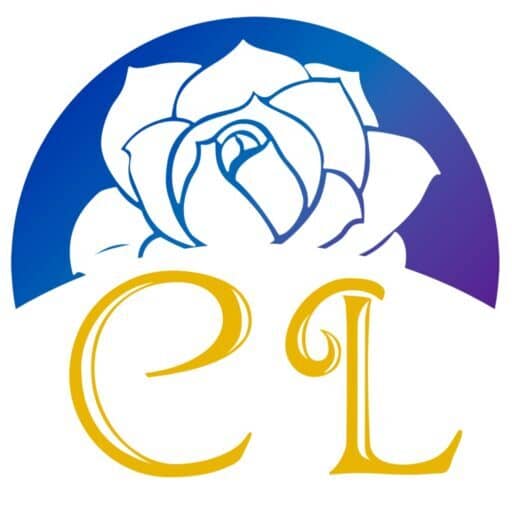Once, everyone knew magic worked, whether or not they could use it themselves. Over time, however, the people of Great Britain slowly separated. Those who could use magic settled in their own communities and spaces. This quick guide to Albion covers the basics of the world.
I have an authorial wiki with a great deal more detail (including connections between books, characters, topics, and magical skills.) Check that out for all the details if you’re curious!
Read on for a concise summary.
The Pact and the Silence
In 1483, Richard III made a desperate pact with the Fatae, the non-human beings of the British Isles, to protect magic in the country. In exchange for certain protections, the Fatae withdrew from human lives. Those without magic were left with stories, fables, and folklore. Thanks to colonialism and a British Empire where the sun never sets, this approach to the magical world has spread far around the world. (Ireland, however, is not a part of magical Albion, though interactions are largely cordial at the moment.)
Each person with magic makes an oath to the Silence at the age of twelve to protect their magic, and not reveal it to those without. (Anything that can be passed off as science, luck, or folklore is still fair game.) Since most people with magic have just enough to keep milk sweet, food from rotting, and minor injuries from getting infected, keeping the Pact is not too hard.
The Five Schools
Some have a great deal more magic – enough that it can overwhelm them or even endanger those around them. Each young adult with magic is tested when they turn twelve, and if they do well, they attend one of the Five Schools, where they can learn more complex and powerful techniques and skills.
Schola (off the coast of Wales in Cardigan Bay) focuses on magical theory and development of new techniques along with a classical education. Alethorpe specialises in practical magics including healing and crafting. Dunwich, on the Suffolk coast, teaches trade, shipping, and financial magics. Snap in Wiltshire focuses on agricultural magics. And Forvie, on the east coast of Scotland, teaches fishing and coastal magics, and just a touch of weather working.
Students at all the schools are divided into houses based on criteria known only to the professors and staff at the schools. Each house has its own magical specialities, lore, and traditions. At Schola, the most prestigious of the schools, there are seven houses: Bear, Boar, Fox, Horse, Owl, Salmon, and Seal.
Houses often continue to be the centre of people’s lives long into adulthood. Each house maintains a private club in Trellech, the main magical city, with meeting spaces, magical workrooms, and sleeping space for those visiting the city.
The Great Families
Over the centuries, people sort themselves into many different categories. The Great Families are the most prestigious families in the British Isles. (They like to claim they’re also the oldest, and ignore history that says otherwise.)
The First Families trace their ancestors back to Aeneas and the fall of Troy. The Second Families originate from Hellenistic Greece. The Third Families are proud of their descent from the ancient Fata, Melusine and from the Merovingian court.
Of course, there are plenty of other magical folk in Albion. The Fourth Families descend from the original Britons, Picts, and others living in the British Isles before the Romans arrived. And the Fifth Families encompass anyone else with more than two generations of magical blood in their family.
Life and entertainment
Life in the magical community of Albion is much like life in the non-magical world of the 1920s.
Young people serve an apprenticeship to master skills and make the most of their magical and other abilities. Some go into highly specialised work, like becoming a healer through extensive training at the Temple of Healing. Others go into business, while some work for the Ministry (the magical government) or the Guard (protecting the community as needed). People gather for musical performances and theatre.
Some people live close to non-magical communities. There are three magical villages tucked into back streets in London, and residents often cross freely between the magical and non-magical world. Others may live in a remote village, and rarely see anyone without magic.
Many people do enjoy watching – or playing – the two great magical sports, bohort and pavo. Based on mediaeval training for war, these challenge a team of five players to solve magical and non-magical puzzles. These might involve as retrieving flags or tokens, manipulating charm effects, or completing an obstacle course. Bohort is played by people at every age and level of society, while pavo is played on horseback, and requiring rather more in the way of resources.
Want to learn more?
Thanks for reading this quick guide to Albion, and I hope you dive in and explore some more both in the books themselves and in the authorial wiki. You can also email me through the contact form to ask questions about the world and the people.
